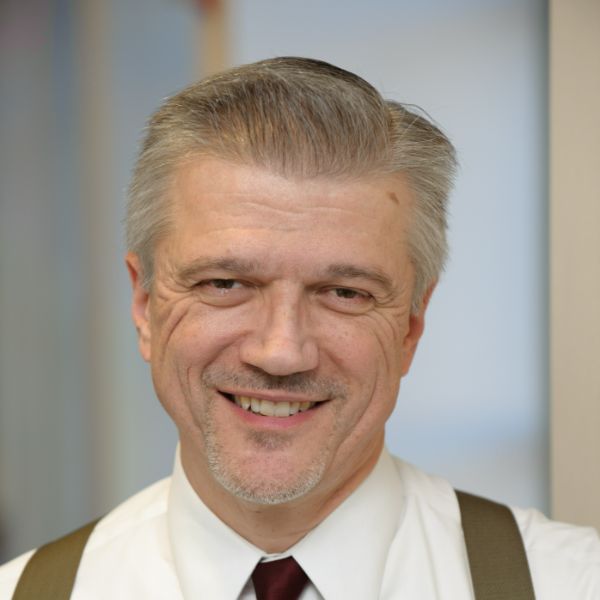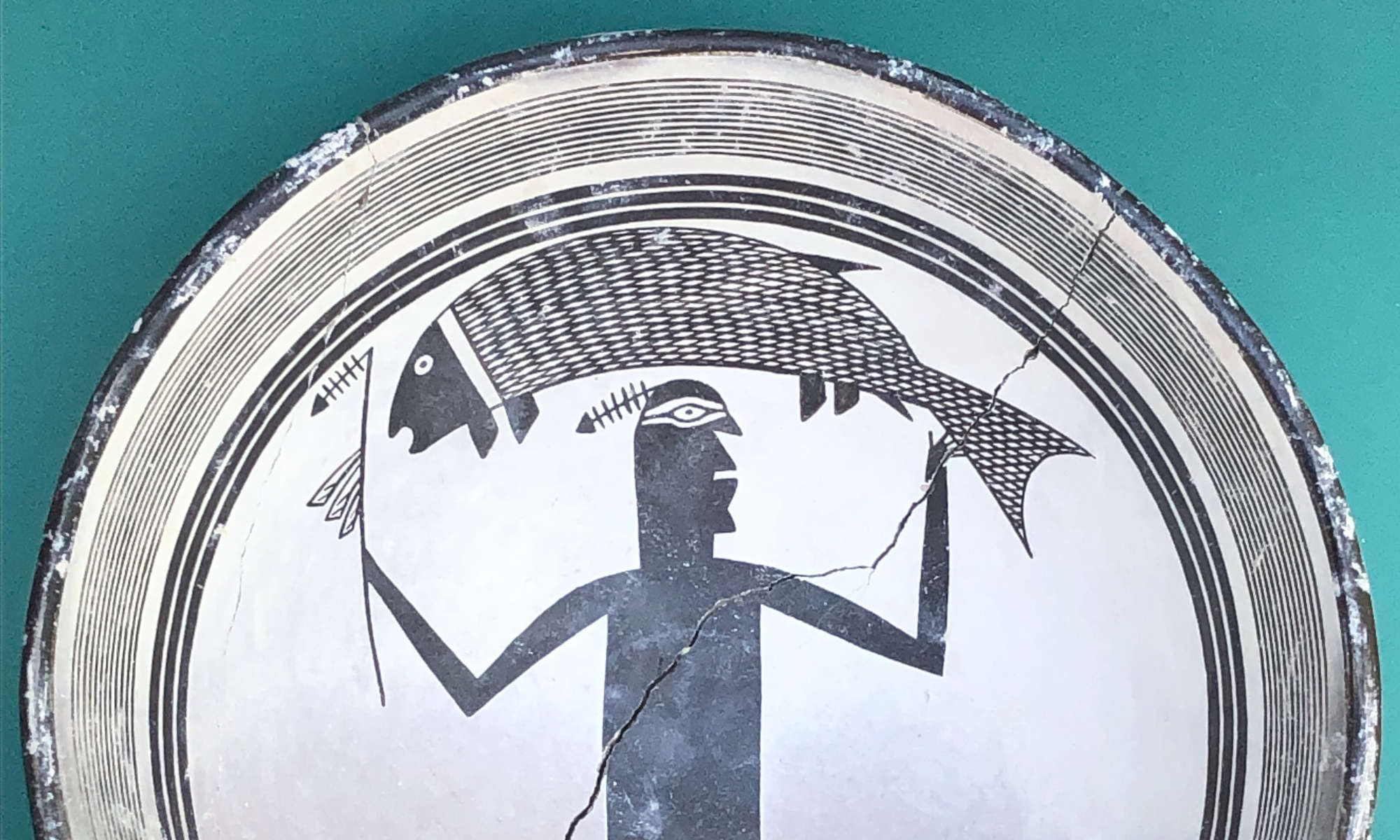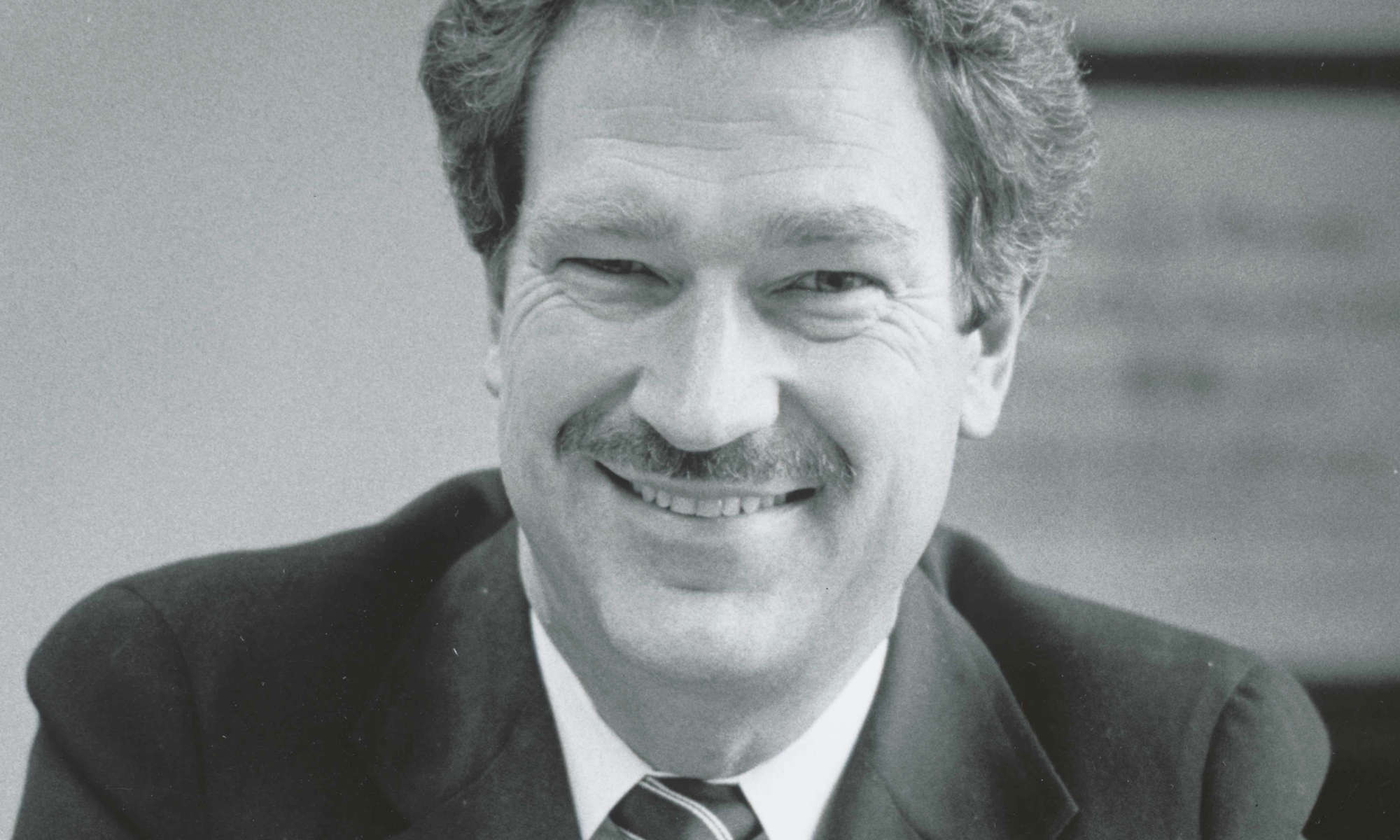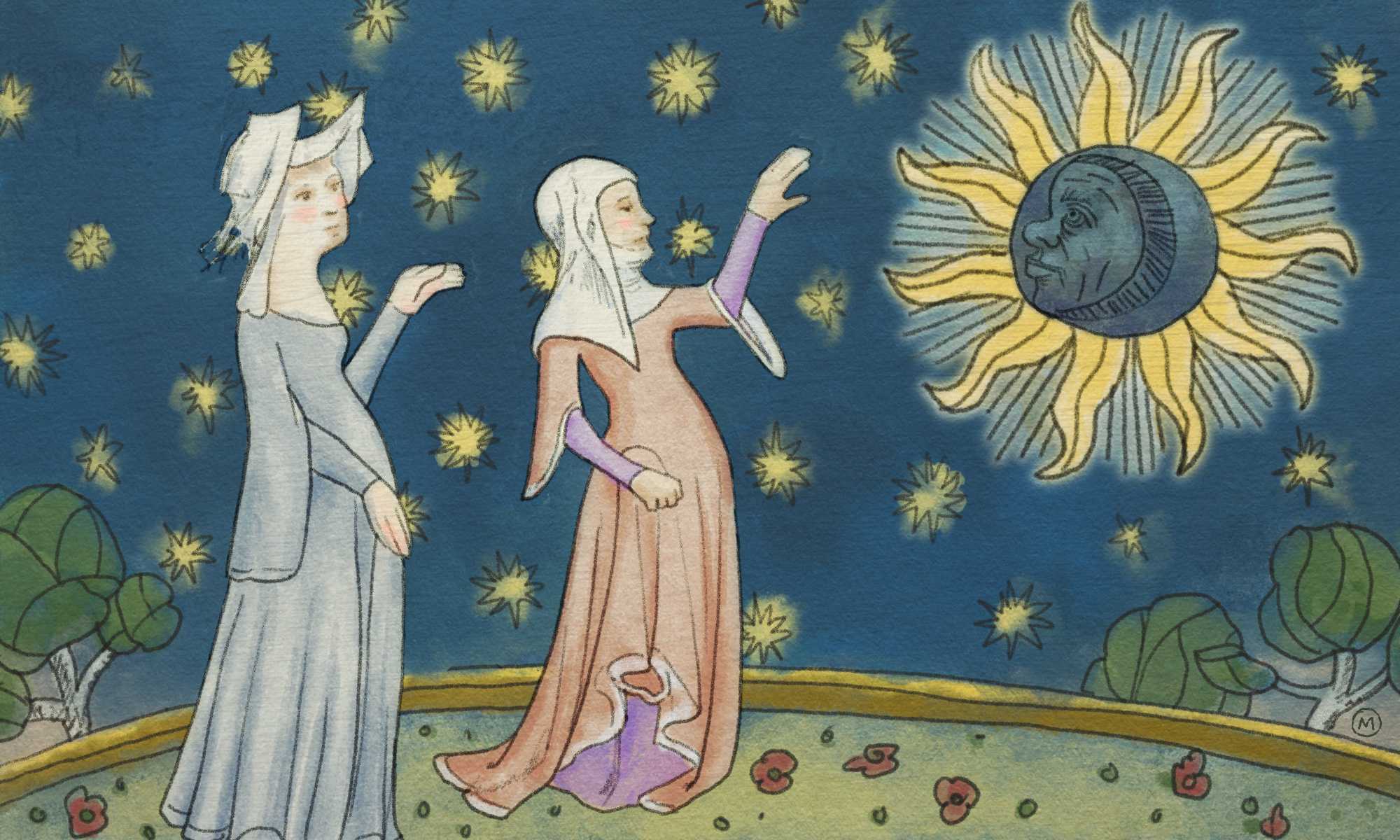Event: Skalny Lecture
Friday, April 15, 7:30 p.m.
Rush Rhees Library Welles-Brown Room
Grassroots Democracy in Poland
Urszula Gacek, Consul General of the Republic of Poland in New York
Urszula Gacek, the daughter of Polish émigrés, was born in Great Britain. She graduated from the University of Oxford with a degree in philosophy, politics, and economics, and later moved to Poland, where she developed an expertise in business. Turning to politics, Gacek was elected to the Polish Senate in 2005 and became a member of the European Parliament two years later. Following a string of other positions, she took up the post of Poland’s consul general in New York in December, 2014.
Q&A: Poland’s Evolving Democracy
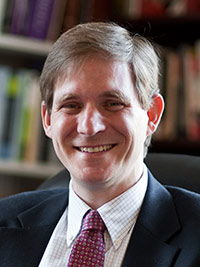
Randall Stone is the director of the Skalny Center for Polish and Central European Studies at Rochester. He is also a professor of political science, teaching courses in international relations, comparative political economy, and Russian and East European politics.
1) How would you characterize the evolution of local government in Poland in that country’s post-Soviet era?
The first challenge in the immediate aftermath of the collapse of Communism was to establish credibility for local government. Under Communist rule, local government had been a part of the coercive apparatus of the state, not an organ of local self-determination. This changed very quickly, in part because of the widespread popular participation in the Solidarity movement, and citizens came to take ownership of local government. The second challenge was coming to grips with the wholesale transformation of the Polish economy from central planning to a market economy and the wrenching dislocations that this created in society. Government was not in a position to meet the demands of society, and many people became disenchanted. It took a number of years before the crisis of the transition had passed, and during this time the Polish party system was very unstable. Elections were unpredictable, and a number of political parties that were popular early in the transition period were swept away by waves of discontent.
2) What can the United States and other countries learn from Poland’s experiences?
We could gain a bit of perspective, which might help us to take our own political disputes a bit less seriously. The United States has not faced anything like the economic crisis that Poland has recently emerged from since the Great Depression. The U.S. economy is doing very well in comparative perspective, so the angry rhetoric splashed across the television screen during the current election campaign seems rather bewildering to Europeans.
3) How do you think grassroots democracy in Poland has changed from the days of the Solidarity labor movement?
Solidarity represented an extraordinary moment in time, when the Polish people came together and unanimously rejected Communism. It was a breathtaking display of bravery, and it was inspiring, not only to Poles, but to all people around the world who yearn for democracy and struggle for freedom. Of course, there was a feeling of disenchantment once the moment had passed, and people realized that they were not really united in what they wanted to come next—that public policy problems were difficult to solve and had no tidy answers. Conflicts arose among the former leaders of Solidarity, and many felt that the movement’s ideals had been betrayed. In short, Poland became an ordinary country again, with ordinary politics. Poland today is a vibrant democracy full of contradictory opinions and political parties competing to represent the voters.
4) What are Urszula Gacek’s responsibilities as consul general of the Republic of Poland in New York?
The consul general is a high-ranking diplomat who serves under the Polish ambassador in Washington, but has a substantial range of individual initiative. She is also a former member of the Polish Senate and of the European Parliament. Her primary responsibilities are to represent Poland abroad and to encourage economic, cultural and educational exchange with the United States. She has supported numerous programs at the Rochester, including the Polish Film Festival in November, an exhibition on Polish history last year, and several concerts.

